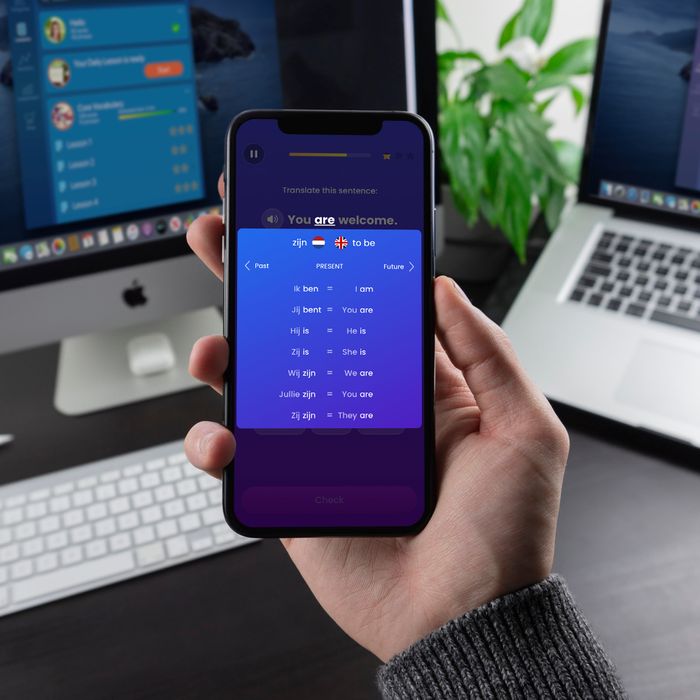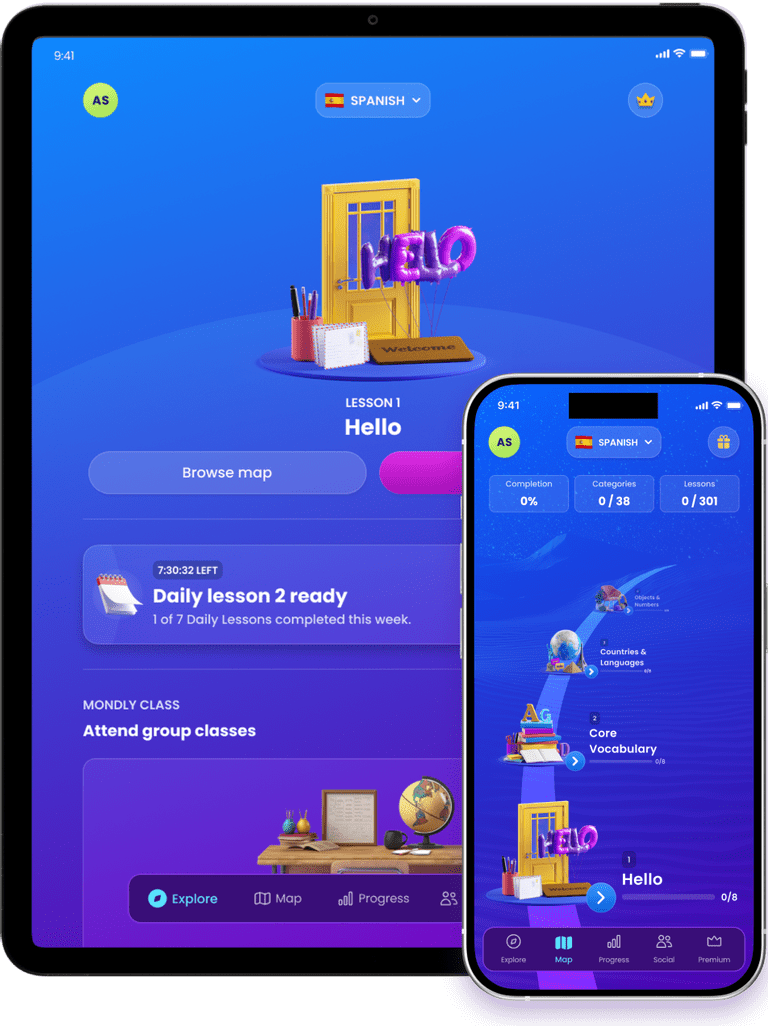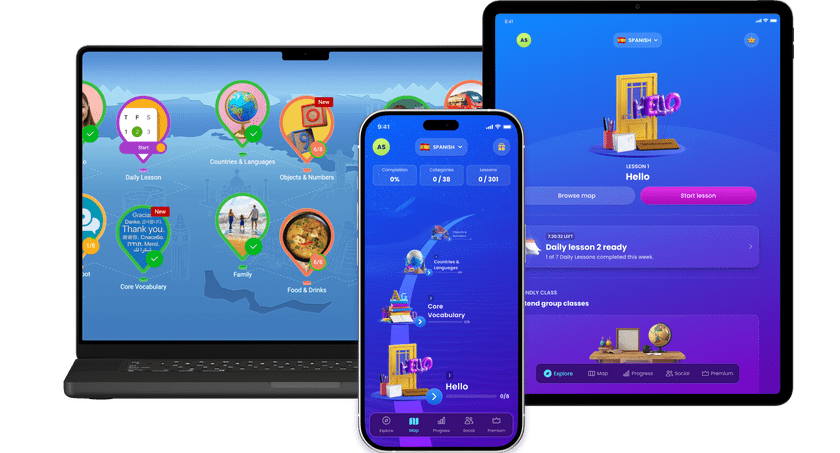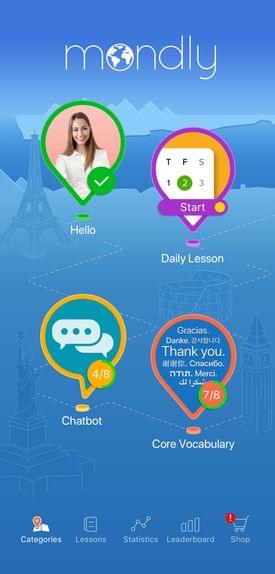Master Dutch Grammar: Your Path to Fluency
Why Dutch Grammar Matters: Unlock the Language's Structure
Compared to many languages, Dutch has its own unique grammatical structures, which are distinct but not necessarily simpler than those in English. While English grammar often presents challenges with its numerous exceptions, Dutch grammar has complexities like word order and verb placement. Understanding why grammar is essential in any language, including Dutch, is important. Learning the grammar of any language, including Dutch, is fundamental for effective communication, cultural understanding, and personal and professional development in Dutch-speaking regions and beyond.
While it's not the first thing you need to learn, understanding Dutch grammar is important, and sooner or later, you'll need to tackle it. The secret is taking courses designed to teach you grammar without endless rule memorization. How? By absorbing basic Dutch grammar rules while listening to natives having real conversations. This is how children learn. By age 5, kids are already fluent in their native language, without knowing what a verb is. They learn by hearing their parents speak. This natural approach is best for you too. At Mondly, we apply this method to Dutch grammar learning, and millions worldwide appreciate our innovative app. By listening to natives, you'll grasp advanced Dutch grammar rules for real-life conversations, even if you never formally studied the rules.

Fun with Dutch: Grammar Exercises That Feel Like Play

Within the app, you'll find various sections dedicated to learning Dutch grammar online. Each section consists of 7 or 8 grammar lessons, taking about 5 minutes each to complete. Every lesson features Dutch grammar exercises where you read, listen to natives, write, and speak. Rooted in science, our exercises are specifically designed to keep you engaged and make learning Dutch as easy and enjoyable as possible.

Join Millions in Mastering Dutch Grammar




1 000 000+ + Ratings
Mondly was named "Editors' Choice" in Google Play and "Best New App" by Apple.
Real-Life Dutch: Grammar for Everyday Conversations
We believe Dutch grammar exercises should prepare you for real-life conversations. In traditional schooling, you're typically forced to memorize conjugations, pronouns, and verbs. This makes learning challenging, and even after years of study, you might struggle to have a real conversation. Millions worldwide find themselves in this situation. Our approach focuses on practical application, ensuring you can use Dutch grammar naturally in everyday situations. These practical, theme-based grammar exercises are designed to help you master Dutch sentence structure, verb conjugations, and word order in a way that’s both engaging and effective.
Want to master certain conjugations? With our on-demand conjugation table, you can click on verbs during any exercise and instantly see their conjugations. The present, past, and future tenses are now all at your fingertips. What's even better, depending on your grammar level, you can choose to learn Dutch grammar for beginners, intermediate grammar, or jump to advanced Dutch grammar exercises. Whether you're struggling with 'de' and 'het' or mastering complex verb placements, you'll get the most out of your learning with Mondly.

Fascinating Facts About Dutch Grammar


The Mondly Advantage: Effortless Dutch Grammar Learning

Dutch grammar will seem easy and fun
Our linguists have created Dutch exercises that will feel like playing a game. The catch: you absorb Dutch grammar effortlessly. In no time, you'll be getting compliments from natives for your Dutch language skills.

Learn Dutch the smart way
Instead of tackling the most challenging aspects of Dutch grammar first, we guide you through a journey of the most commonly used Dutch words and sentences. This means you start by learning what really matters most in everyday Dutch conversations.

Learn Dutch with friends
Learning Dutch can sometimes feel overwhelming. That's why we created language leaderboards to keep you motivated along the way. Play your way to Dutch fluency by competing with friends and learners from around the world.

Get ready for real conversations in Dutch
Every Dutch exercise created by our world-class linguists is designed to bring you one step closer to having real conversations. That's why we've incorporated speaking exercises for you to practice the Dutch grammar you learn.
Join 125 million people learning a language with Mondly by Pearson
Learn Dutch for free with Mondly
Related Pages
Learn Dutch OnlineDutch wordsDutch phrases and expressionsHow to speak DutchDutch lessonsSubscribe to our newsletter
Join over 125 million people enjoying our occasional language tips, special offers and more.
The email address is not valid
Subscribe














